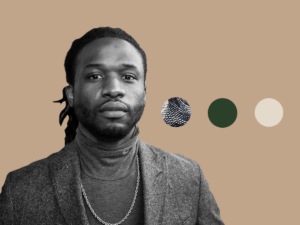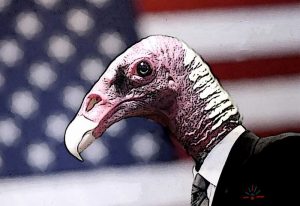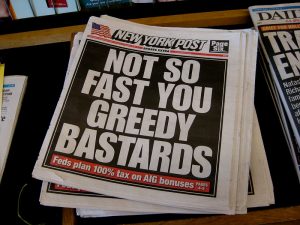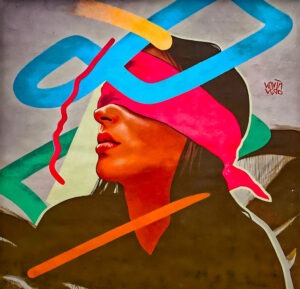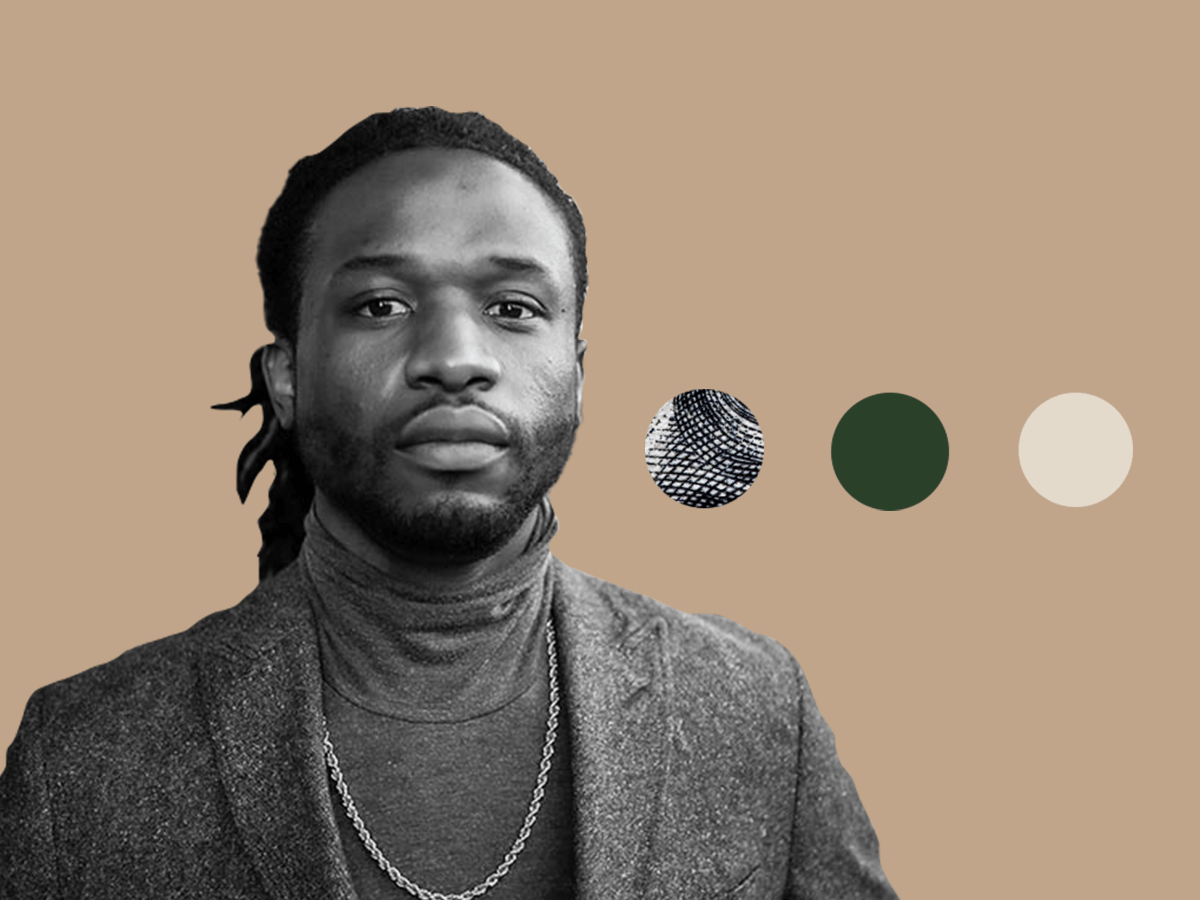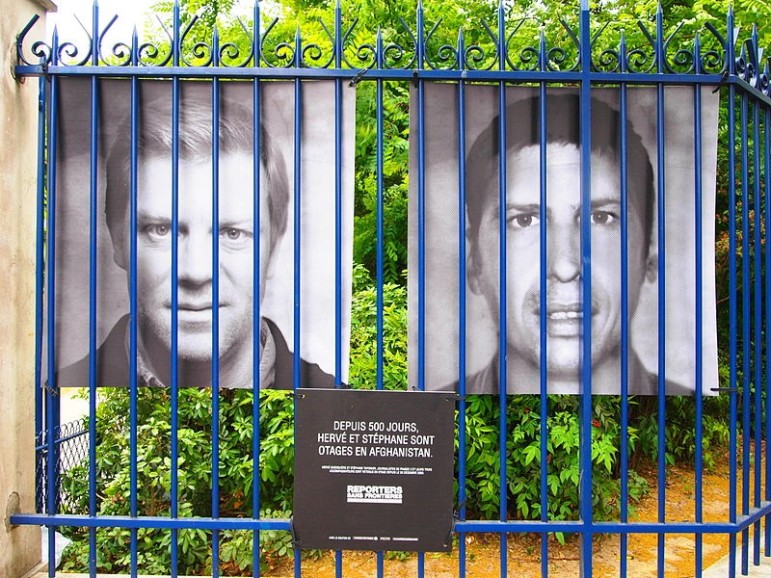
April 27, 2016; New York Times
Yesterday was the UN’s World Press Freedom Day. NPQ has written extensively about the critical role of independent journalism in civil society and the necessity of speaking out in defense of journalists when they are being threatened, imprisoned, and killed to keep them silent. Today, we are unhappy to report that, according to Freedom House, in 2015:
- Press freedom declined to its lowest point in 12 years, as political, criminal, and terrorist forces sought to co-opt or silence the media in their broader struggle for power.
- Only 13 percent of the world’s population enjoys a free press—that is, where coverage of political news is robust, the safety of journalists is guaranteed, state intrusion in media affairs is minimal, and the press is not subject to onerous legal or economic pressures.
- Forty-one percent of the world’s population has a partly free press, and 46 percent live in media environments that are not free.
- Among the countries that suffered the largest declines in press freedom in 2015 were Bangladesh, Turkey, Burundi, France, Serbia, Yemen, Egypt, Macedonia, and Zimbabwe.
The Committee to Protect Journalists released a report that focused on gender-based repressive attacks on journalists, and Human Rights Watch released one covering attacks in Somalia, where 589 journalists have been killed outright since 1992, after the collapse of the central government. Eighteen were murdered in 2012 alone.
This past year, of course, began with the murder of eight cartoonists and editors at the Paris offices of the satirical magazine Charlie Hebdo, but elsewhere, pressure backed by imprisonment, threats, and violence is a consistent presence, shutting down outlets and intimidating, arresting, and sometimes “disappearing” reporters when their reporting contradicts officially sanctioned messages.
Sign up for our free newsletters
Subscribe to NPQ's newsletters to have our top stories delivered directly to your inbox.
By signing up, you agree to our privacy policy and terms of use, and to receive messages from NPQ and our partners.
In Israel, according to the Guardian, the military has announced it would detain Palestinian journalist Omar Nazzal for four months on suspicion of “unlawful activity.” Under administrative detention, without charges or trial, the defense is not entitled to see the evidence against the detainee. Nazzal is a leading member of the Palestinian journalists’ union, and he is also politically active. Israel is also detaining another 19 Palestinian journalists and students of journalism—one of them for more than 20 years, according to the Journalists’ Union.
Meanwhile, in Hong Kong, on Monday, hundreds gathered to protest the firing of Keung Kwok-yuen, an editor with the Ming Pao newspaper, after the paper published a report on the Panama Papers. In Egypt, the Journalists’ Syndicate, a union, called for the dismissal of the interior minister on Monday as they staged a sit-in to protest the raid on their headquarters and the arrest of two journalists, Amr Badr and Mahmoud el-Sakka, on its premises the night before.
The Syndicate described the incident as a “raid by security forces whose blatant barbarism and aggression on the dignity of the press and journalists and their syndicate has surprised the journalistic community and the Egyptian people.” The government issued arrest warrants for the two journalists, critics of the government, who have been charged with organizing protests to destabilize the country. Rallies in general must be pre-approved by the government and are rarely allowed unless they are pro-government.
It is important to read these reports as indicators of how much further we have to go in protecting one of the most core functions of civil society.—Ruth McCambridge



